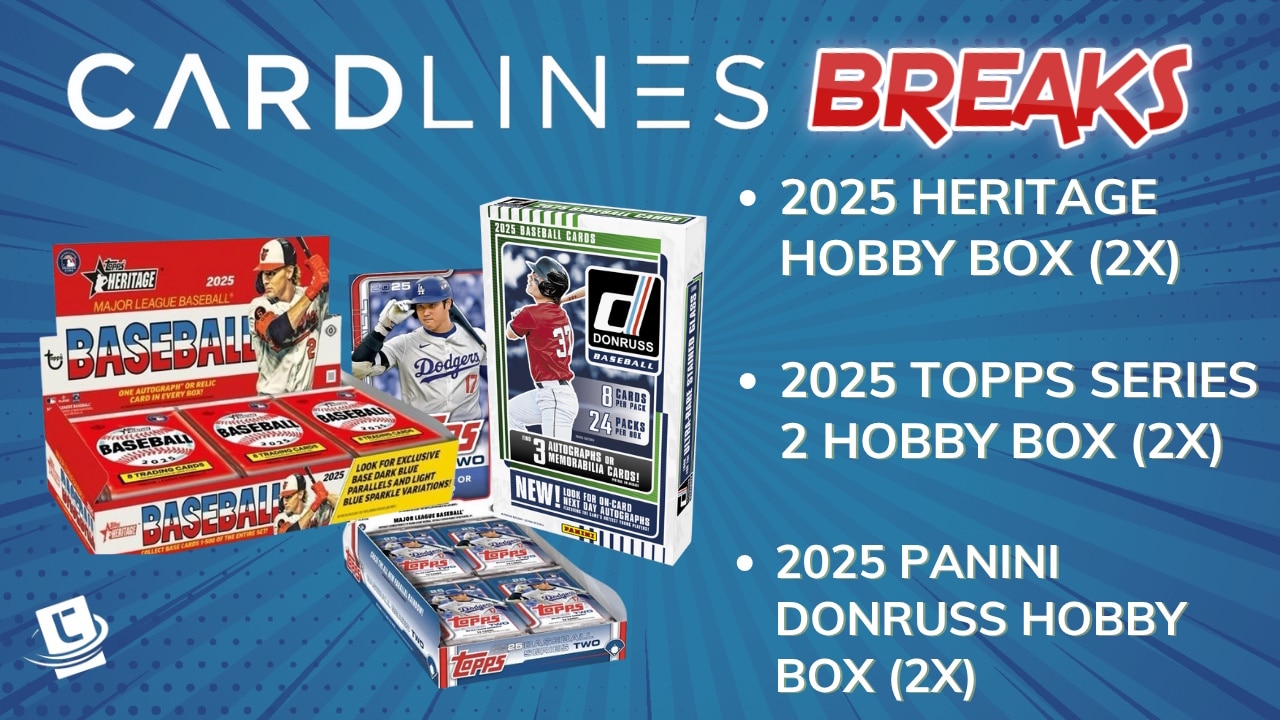

There was once a strict taboo around altering cards before grading them, but that taboo has eroded over the years.
Not that there were no scandals involving trimmed and altered cards in the past. Indeed, there were multi-million dollar operations that led to federal indictments. But people did not do this openly. Recently, that attitude has changed significantly. We will unpack all of this in our Kurt’s Card Care controversy overview.
Card juice is a colloquial name for any cleaning spray or product that helps remove smudges, external paint, or any other imperfection from cards without damaging them.
Kurt’s Card Care is the most successful company in this kind of business. The company boasts that it “does not stay on the card. You remove it, and when you do, it removes the minor issues that affect the card surface. My products are great at removing anything that happens to be on the cards and get them back to a factory-like finish when possible.”
Getting here has been a long and unpleasant road. In 2020, PWCC CEO Brent Huigens appeared on the Cardboard Chronicles, a YouTube channel, and discussed how the hobby should mature and accept tampering with cards as usual.
He also said he wanted to create or invest in services that would do that for cards. At the time, the interview did not go down well.
His lawyer, Jeffrey Lichtman, admitted, “Brent, because of a lot of the things he did publicly — the videos he made, some of them were not taken well by the hobby, for a good reason, and I felt the same way — became a very punchable face.”
Then, in 2023, former NFL player Evan Mathis openly admitted to trimming cards and even gave a YouTube tutorial on how to do it right. It started to seem like all the taboos about what you can do to cards to get a good grade had been broken.
The latest developments with card juice feel like a continuation of that.
At this point, the hobby is very much split between those who believe cards can be restored, the way art or vintage cars are. Then there are the traditionalists who believe any measure to improve how cards look, including cutting or using chemicals, is illegitimate.
This is a relatively new development. It was once an absolute consensus that cards should not be changed or altered meaningfully before they are submitted.
The entire hobby is talking about this Wemby Prizm Black 1/1 card that got a PSA 10 recently. The individuals who graded it are from NorCal Sports Cards. They posted a video on Instagram showing the store owner with a customer who hit the card from a box sold by the store.
They are sitting in the PSA offices after receiving their cards back. They posted the video with a shoutout to PSA and Kurt’s Card Care. Since then, they have removed the tag from Kurt’s Card Care because of the massive backlash they received. But that was as good as an admission that they had used the stuff.
Many observers were not surprised. NorCal Sports Cards had put pictures on their social media, and most observers did not believe it warranted a PSA 9. It looks like it took some sprucing up with the help of card juice to bring it to that standard.
The short answer is definitely yes. Kurt’s Card Care website has many before-and-after pictures. As you would expect, they show great results.
But his products have gotten an excellent reputation (for being effective, not necessarily for their moral properties) by working well. I’ve tried the product on a vintage card, which immensely helped. Some of my close friends have had similar results.
You can see many videos on YouTube of people doing all sorts of things with these products. Generally, if they use them as recommended, they work pretty well.
There is one caveat. People haven’t been using these products for long, and we don’t know the long-term effects of the stuff on our cards. There are many horror stories about people using other chemicals on the cards, which initially seemed fine and then eroded the paint or caused them to change color.
As you would expect, the Kurt’s Card Care FAQ addresses this question.
It says: “This is a great question. I have never had any issues through my years of collecting and cleaning. My products are not designed to stay on the card or to hide anything. They are designed to clean the surface, shine the surface, or remove dings and dents. I use the word restoration because I am doing everything I can to get the card to look like it did that came out of the factory. Thousands of collectors trust my formulas, and I will never get risky or put collectors in a bad position. I would never promote cutting your card, adding color, or anything sketchy or risky. I take this responsibility seriously. I would never cut any corners figuratively or literally.”
The use of chemicals on cards is considered a form of tampering. However, the lines are a bit gray since the rules and standards for the grading companies do not usually name the chemicals that are allowed or banned.
This isn’t a PED situation, and there is no rigorous testing. At least not yet.
The often quoted standards of PSA are as follows: “PSA will not grade cards that bear evidence of trimming, re-coloring, restoration, or any other forms of tampering, or are of questionable authenticity.”
PSA was at the center of speculation regarding card juice. Ryan Hoge, the President of PSA, tweeted: “There have been many conversations about this card recently. I held it and its cousin while they were both in the house. PSA stands by the original assessment, and our graders did not detect anything with the surface to deem it was altered. That said, I want to clarify: PSA does not approve of any chemicals or foreign substances being added to the surface of a card to improve the condition or appearance. If we detect this has happened to any card, we will consider it altered.”
In other words, using chemicals on the card is not disqualifying in and of itself. The question is, can they find traces of said chemicals? And with Kurt’s Card Care products and others like it, the answer is no. The truth is that the grading companies do not care about this all that much. They all say you shouldn’t use it but do not enforce that in any way.
But when we thought PSA was giving the virtual green light to use Kurt’s Card Care products on cards, they started to act against submissions using those products. For example, after seeing footage of them being treated using Kurt’s Card Care products, the grading company deactivated the certification of 1953 Jackie Robinson and a 1909-11 Cy Young T206 Piedmont 150.
Indeed, further research has shown that the entire submission has been deactivated. That is, without a doubt, the most decisive action PSA has taken against using Kurt’s Card Care.
We do now know if Kurt himself or someone else submitted the submission that was disqualified. Either way, the submitters must be pretty displeased.
Kurt from the Kurt’s Card Care company has posted videos of himself treating cards, and in some cases, those were submitted to PSA and received better grades than they would have otherwise. You can see the video of him working on the 1953 Topps Jackie Robinson here:
As you will see, the card had some staining on the left-hand side and the top. Both looked much better by the time the process was done.
Tiffany Cards is a valid Instagram account focusing on Topps & Bowman Tiffany cards. But they are best known for an excellent database of altered cards, which you can access here.
Recently, they have begun adding cards that are known to have been treated with Kurt’s Card Care products to the database and alerting people with their posts to cards that have been treated this way.
They used posts by Kurt’s Card Care to demonstrate their use as the basis for this. Rather than engage with them, the Kurt’s Card Care account has blocked them on Instagram.
The Tiffany Cards account brought this treatment to PSA’s attention by tagging them in a post by Kurt’s Card Care, showing how the cards were treated. The past asked: “Is soaking a card to remove stains in @KurtsCardCare acceptable by @psacard standards?”
Of course, the problem here is the lack of consistency. Why are these cards being deactivated while the Wemby 1/1, which generated all this controversy, has not been? We get that there are many moving parts here, and reality is changing very quickly. However, the rules need to be much more straightforward.
There are two ways of approaching this. Either any use of products to clean cards is considered tampering, or only those that show evidence of chemical treatment once they arrive at the PSA facilities are considered disqualified.
Right now, the policy appears to be somewhere in between, which makes little sense.
The arguments over card cleaning generally and using Kurt’s Card Care specifically have torn the hobby apart. Efforts by those like Tiffany Cards to expose those using it are praised by some and seen as snitching by others.
Tiffany Cards posted a post with all the negative comments they have received due to their efforts.
Many in the hobby view it as a harmless and legitimate way of sprucing up the cards before submitting them. One Instagram user wrote, “Better not detail your car before trading it in. Cleaning your house before putting it on the market. I mean, come on.”
The more traditional view is rampant among Blowout Cards users, among others. One user wrote: “I am in the same camp as you. However, how will you know if you use Kurt’s goop and buff out some print lines without any evidence left behind?
The grading companies can’t detect if polish has been used. We all could easily have a purchased graded card that was now polished. My biggest concern is that this polish wears off or worsens the card over time.
As far as I have read, “soaking” tobacco cards have been a thing for a long time. Some of Kurt’s stuff (humidor) is really no different. I think a lot of this will become normalized going forward, whether we “old” collectors like it or not.
Bulk submitters will offer cleaning as an add-on when sending to PSA,SGC, etc. Results will speak for themselves, whether good or bad.
The tide seems to be turning. Some users of Kurt’s Card Care have decided to stop using it.
But you have to ask yourself if
Currently, it does not appear that PSA can detect Kurt’s Card Care products on the cards submitted. Many cards have been submitted using that. Probably many thousands at this point. The only ones they have taken action against have been those involved in heavily incriminating videos.
Therefore, you can skirt any limitations on its use by simply NOT POSTING videos of yourself cleaning the cards.
The question now becomes, will PSA, the other grading companies, the auction houses, and other big sellers like eBay start to come up with ways to detect the use of card juice on cards?
The trouble is, it is not clear what is in these products since Kurt’s Card Care does not publish the ingredients list. But some lab work and precautions should be possible.
Of course, then no products will emerge. We have to ask ourselves, is this a battle worth fighting? As we have seen, the hobby is very much split.
Topps Chrome 2024-25 Basketball: Honest Review and Notes
Did you know this SECRET about PSA slabs? #sportscard #tcg
5 EASY tips to make more money on eBay sports cards.
I opened a sports card mystery box and found something AWESOME inside
The SAD story of Collectable. What went wrong? (The Downfall Fractional Sports Card Investing)
what was Panini doing? 🙄
I compared sports card prices from the big sellers to save YOU money
Is GameStop buying PSA? (the truth!)
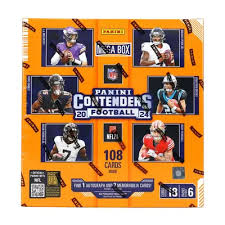
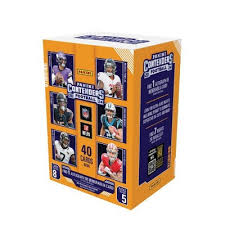
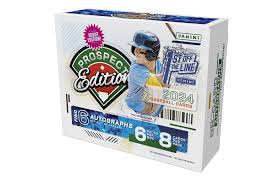
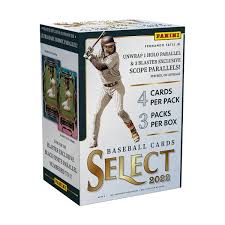
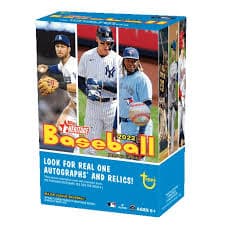
2022 Topps Heritage Baseball Blaster Box Configuration: 7 Packs per Box – 9 Cards per Box. Plus 1 extra pack.
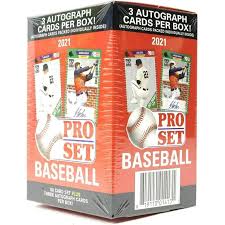
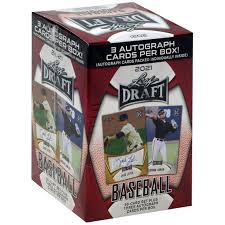
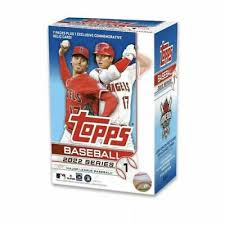
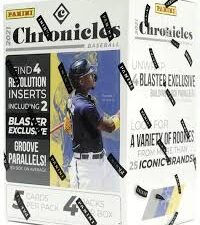
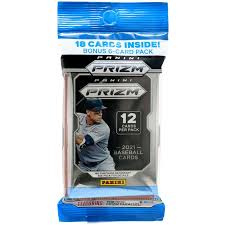
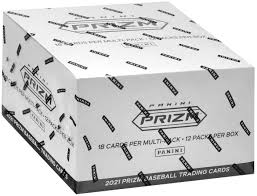

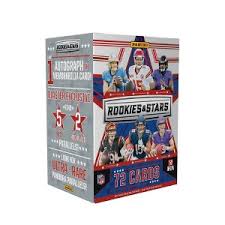
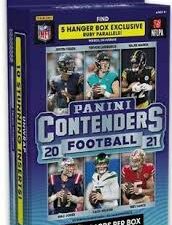
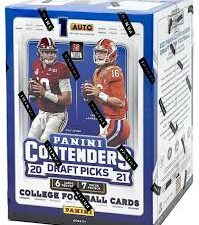
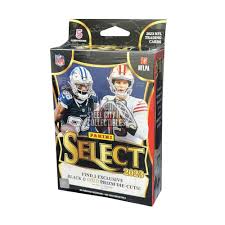
Keep up on breaking Sports Card News, our latest articles, product specials and exclusive content with expert analysis of hobby trends.

© Copyright 2025 - All rights reserved Cardlines.com / Media Techs LLC - Sports Card News, Reviews, Releases and BREAKS - #thehobby.
Important: When you click on links to various merchants on this site and make a purchase, this can result in this site earning a commission. Affiliate programs and affiliations include, but are not limited to, the eBay Partner Network.
Panini is launching a WNBA Product at $30,000!?
Cardlines June 27, 2025 5:54 am